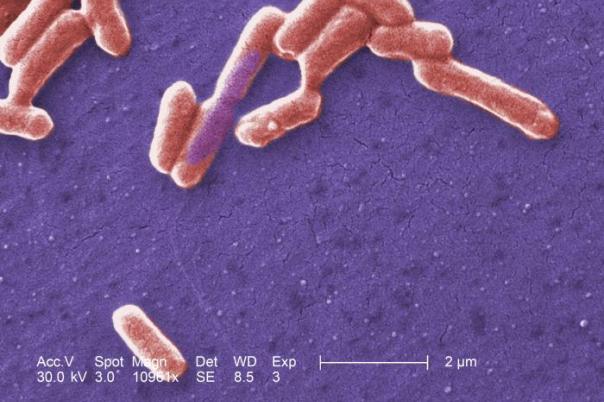David Brayden, a Professor of Advanced Drug Delivery at University College Dublin highlighted recent clinical trial work with medium-chain fatty acid permeation enhancers which have been one of the most effective ways to launch peptides into clinical trials and get approval. Brayden specifically discussed membrane interaction studies comparing sodium caprate (C10) with salcaprozate sodium (SNAC), a derivative of a C-8 analogue.
It is widely known that peptides face challenges when crossing the gut barrier, the epithelium. For example, a drug formulation moves through the GI tract at different rates in different people, causing variable bioavailability values. As a result, only certain potent peptides with a wide therapeutic index can be considered for oral formulation. Brayden stated that there are five peptide molecules approved by the FDA, two of which are oral peptides. Most clinical trials are based on medium-chain fatty acids with or without peptidase inhibitors in the formulation.
Experiments showed that C10 works by opening tight junctions, facilitating paracellular transport, whereas SNAC does not significantly affect tight junctions unless used at high concentrations, where it becomes toxic. Ussing chambers are used to measure flux in gut tissue. In vivo rat studies revealed that most enhancers work poorly in the stomach, contradicting earlier beliefs that SNAC promotes gastric absorption. Instead, small intestine absorption is more likely responsible for the bioavailability seen with SNAC-based formulations. Brayden added: “Whereas SNAC caused similar effects including fluidization but not enough to open tight junctions. That’s a key difference between the two agents (C10 and SNAC) in these monolayers.”
Further studies on Labrasol, Labrafac, and Capryol 90, MCFA-based solubilizers, showed promising insulin absorption effects. Brayden explained that Capryol 90 required castor oil for full effectiveness. Ultimately, medium-chain fatty acid-based enhancers are limited to peptides with high potency, long half-life, or intrinsic stability because they only achieve around 1% bioavailability. Although medium-chain fatty acid-based enhancers remain superior for oral peptide delivery, Brayden advocated for exploring alternative methods to enhance oral peptide drug delivery.






